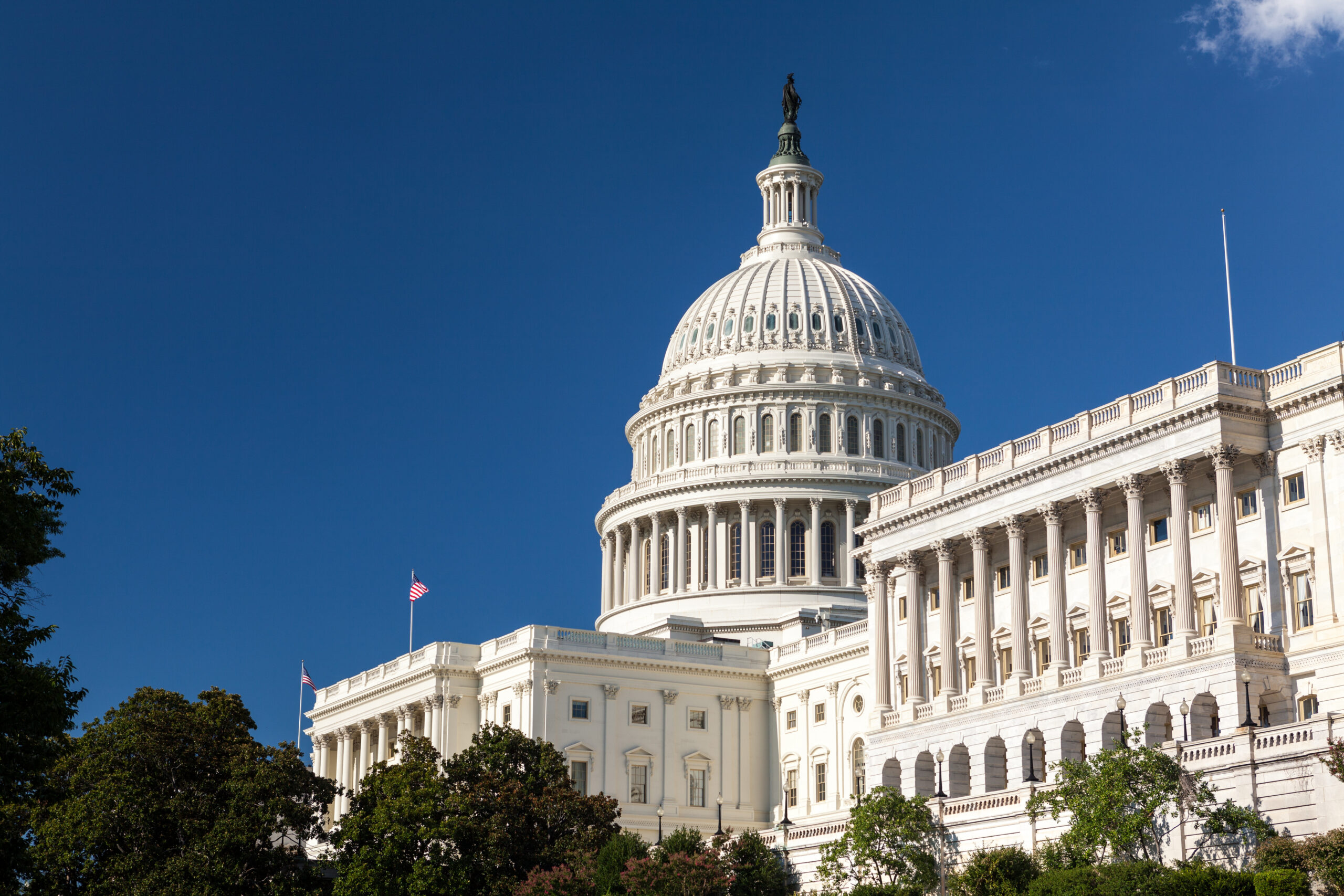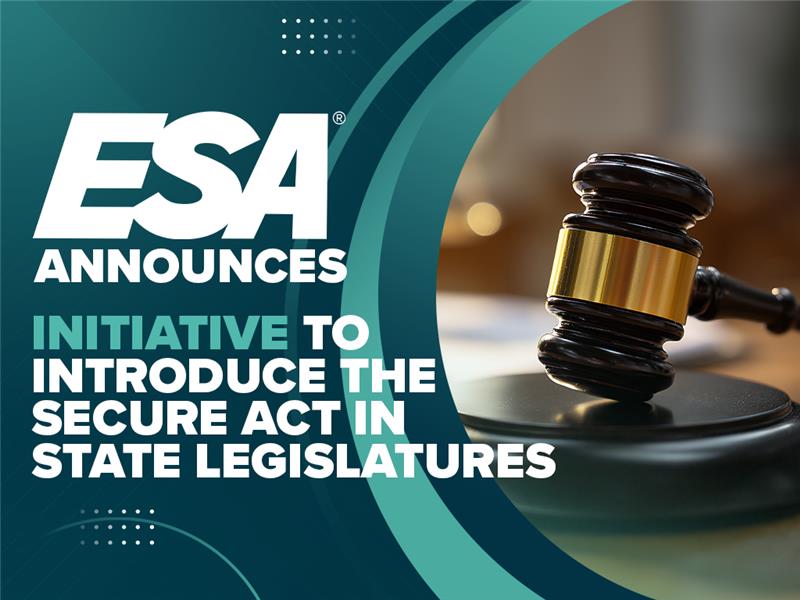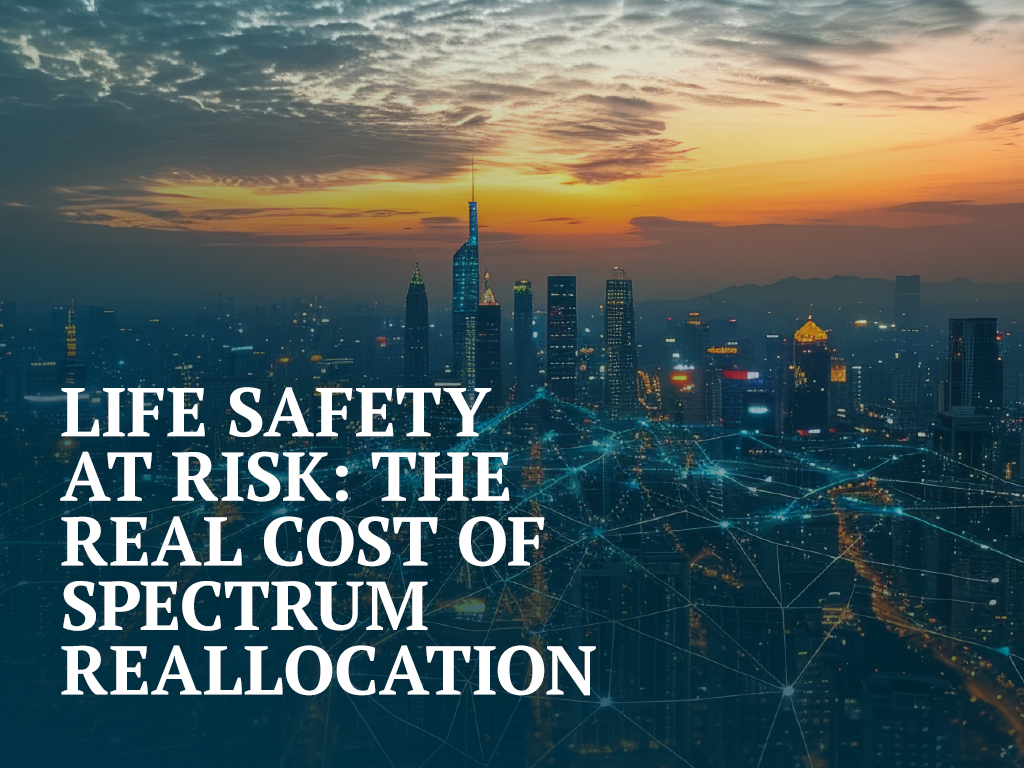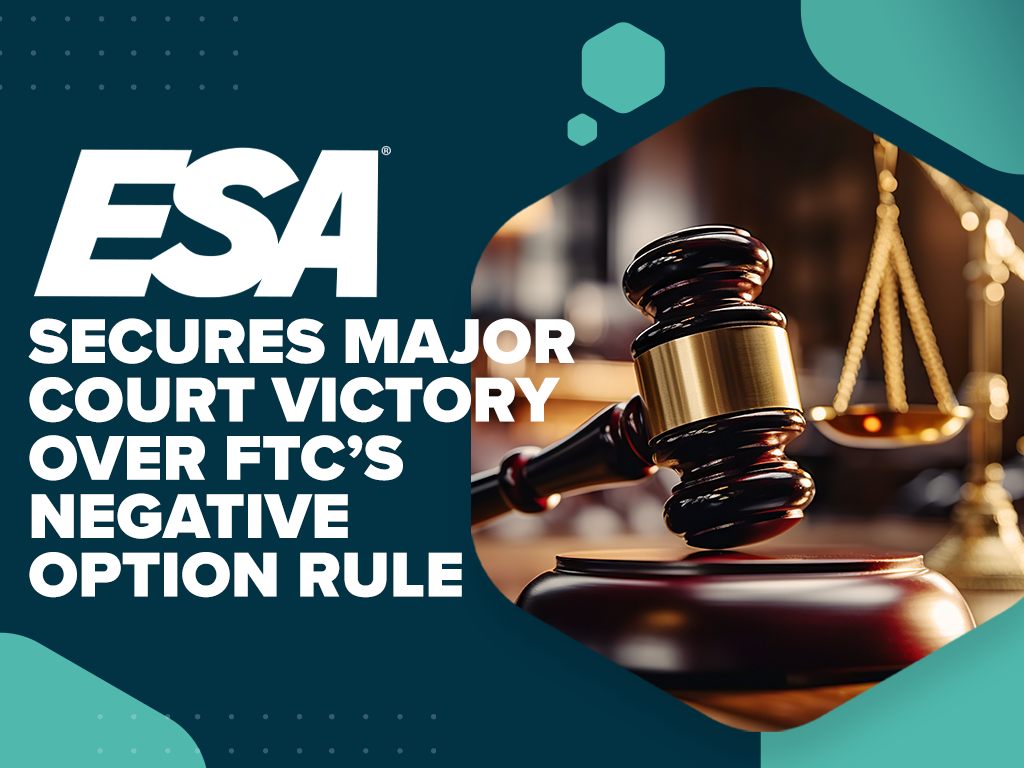Legislative and Political Landscape for 2023

The legislative sessions for most states are completed for 2022 and politicians are already preparing for their respective elections. While we cannot predict the outcomes of those state and federal elections, we can have some assurance on the type of legislation that will come in 2023. Here is a summary of the legislation we expect to monitor that could have the most significant impact for ESA members.
School Security and Active Shooters
The tragedy of yet another mass shooting, within the walls of an elementary school in Uvalde, Texas will have a reverberating effect in 2023. We immediately began to see legislation from those states that were in session. There will no doubt be bills filed in virtually every state in 2023. The question remains – will the legislative proposals do anything to prevent these tragic incidents? Too many legislators are still reluctant to harden soft targets.
Schools are historically soft targets for would-be shooters, so they stay vulnerable. It will take serious resolve on the part of state legislators to appropriate funds needed to harden schools with meaningful security measures. We recommend members with the business model to provide video surveillance, access control, emergency communications, and other integrated systems designed to protect schools push for these measures with school boards in their service areas. The Partner Alliance for Safer Schools (PASS) guidelines provide a recognized and comprehensive blueprint toward safer schools and we recommend these guidelines for adoption.
Limited Energy vs Electrical Licensing
One of the more contentious issues we faced in the last several years has been concerted attempts by electrical contractors and unions to regain regulatory and legislative control over limited energy integration. Particularly power over ethernet (PoE) lighting, communications, video, and other integrated systems.
These battles will continue in 2023. As the scope of work for electrical contractors continues to decline and PoE becomes more ubiquitous. Rather than adapting to a new model and embracing this emerging technology, many electrical contractors would rather fight to keep their legacy business model.
ESA and a consortium of connected technology companies and associations have worked together on this issue for years. They most recently sponsored a booth at the National Conference of State Legislatures (NCSL) Legislative Summit. This was to educate legislators and their staffs on limited energy (low voltage) integration, schools security, and workforce development. We believe limited energy exemptions from electrical licensing requirements will be heavily debated in 2023.
Labor and Public Works
Between the Biden Executive Order (EO) mandating project labor agreements (PLAs) and state legislatures moving in opposite directions on public works contracts, 2023 promises to be a year of considerable contention on labor issues. We recently held a webinar on the negative impact the Biden EO will have on the economy and on merit-based contractors who wish to participate in federal construction or federally funded contracts.
I believe we will see Democrat-controlled states replicate the Biden EO. They will use similar language that props up labor union participation in public works contracts. Conversely, Republican-controlled states will likely reinforce right-to-work laws with language that prohibits favoritism between union contractors and merit-based contractors on public work projects.
At the federal level, the Fair and Open Competition Act (FOCA), which prohibits federal contracts from mandating or prohibiting PLAs will likely move in Congress if the mid-term elections shift control of either or both chambers from Democrat to Republican majorities. It is not likely that President Biden would sign such legislation if it made it to his desk. The message and future implications would be significant and could have a bearing on the 2024 elections.
Summary
Midterm elections are traditionally difficult for the party in power at the White House. The specific factors that play into this vary considerably. This year appears to be shaping up for a similar fate. Almost all Democrat and Republican forecasters believe Republicans will regain control of the House. The Senate is considered a toss-up.
Inflation and overall health of the economy is the most likely factor that will shape voter sentiment and turnout. Despite Supreme Court decisions, partisan social issues, and other factors that drive the political discourse.
In state legislative elections, social issues often do carry more weight. It remains to be seen how or if these elections will be affected by recent Supreme Court decisions and other news cycle issues that develop closer to the election. Regardless of the outcome, ESA will be there as a staunch advocate for your business and this industry.




